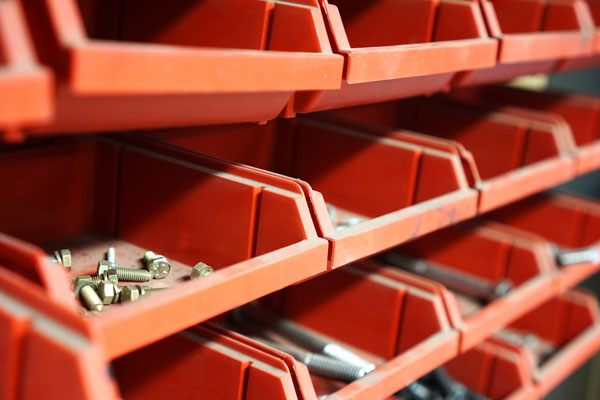
It's time to stop throwing everything away. Well, if you saw some of our workshop storage areas you'd very definitely question whether or not that was a good idea. I'm not going to lie, we've got some clutter that's accumulated; materials, old projects, tools, general junk or appliances a selection of old computer stuff and hardware, packaging materials equipment and so on and on etc., including quite a few bits of 'we'd better keep that, just in case' stuff.
So, when do you throw things away? When should you decide to be brave and accept that as soon as it's gone, either recycled or otherwise, you'll probably find a need for it and wish you'd kept it!! Conversely, putting things up on the shelf out of the way, 'just in case' (or even in the loft at home) can have some rather unintended results, not to mention the fact that before you know it, you've amassed a whole load of stuff that you really don't want or can't use and which is generally just complicating life overall.
At some point, you'll run out of storage space anyway, that being 'proper' storage space, as in the actual area that you are supposed to store things in, either the cupboards, shelves or perhaps even the loft. When all of these areas are full, where do you put things next? On the stairs and landing, down behind the sofa, perhaps in the toilet and bathroom and so on....you get the picture. In a commercial space, this is definitely starting to be a problem with things piled up on the work benches and/or in the work areas now means they cannot be used as was intended, so time to clear out.
Within our workshop we necessarily keep a whole range of bits and pieces as well as an assortment of materials, including all sorts of metal tube and sheet, a variety of timber and board etc. Further to that we have a selection of fixings and fastenings, screws, nuts and bolts and so on that we are able to keep on hand for using on solving, overcoming and designing various engineering solutions for a variety of mechanical challenges we face. Hands on problem solving and experimenting ensures that there remains a continual flow of 'creative juices' when you are getting into the details of finding solutions for the variety of projects we work on.

